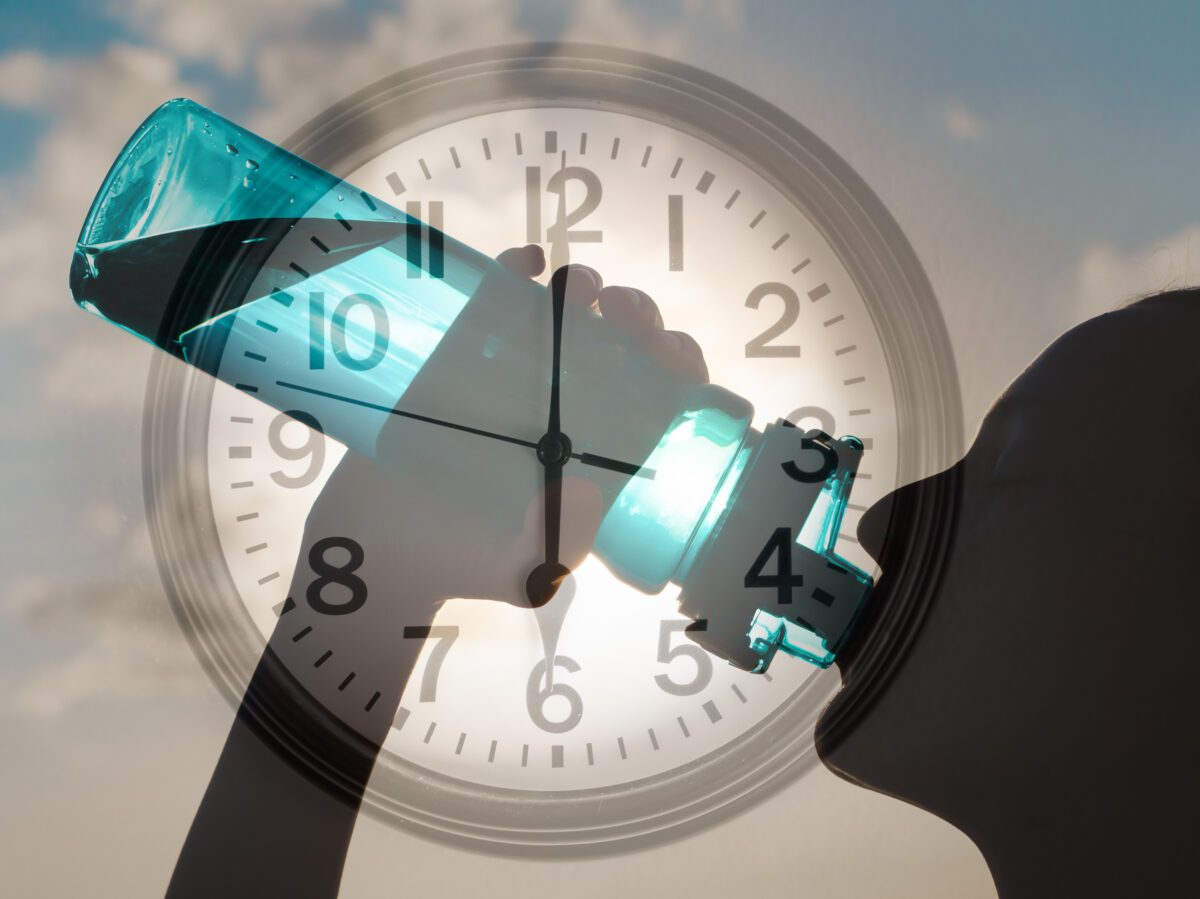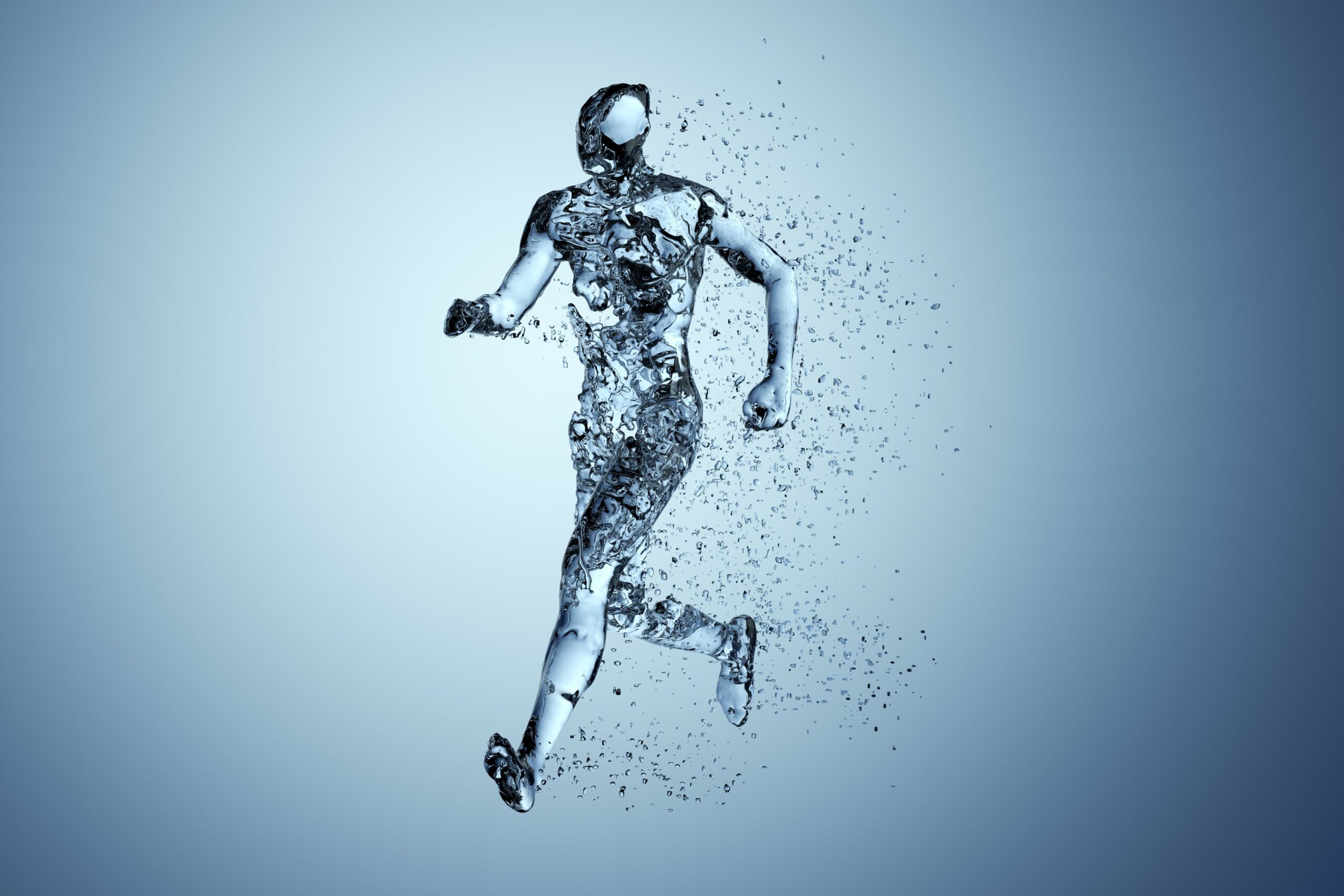How long does it take to recover from dehydration



How long does it take to recover from dehydration?
Staying hydrated is important for one to maintain optimal health. If one does become dehydrated, how long does it take to recover from dehydration? There are many factors to how long it can take for dehydration recovery. Hydration is necessary for everyone, but especially for athletes, the elderly, individuals on certain drugs, and sick or injured people. Dehydration can cause several uncomfortable symptoms and if left untreated dehydration can lead to hospitalization. What does dehydration cause? Dehydration can affect the whole body because every cell needs fluid to function. It can cause confusion or the inability to focus, if this happens drink water. Dehydration can also cause headaches that can lead to migraines. Dehydration lowers brain-cushioning fluid which can cause painful headaches.
There are some instances where one can become chronically dehydrated. Chronic dehydration occurs when a person can’t stay hydrated no matter how much water they drink. Chronic dehydration remains after rehydrating, unlike acute dehydration. Chronic dehydration can cause health concerns, therefore correcting it as quickly as possible will improve your health.
Identifying your risk factors can help you hydrate properly, saving time and eliminating trial-and-error. Many wonder how long does it take to recover from dehydration? One of the best ways to recover from dehydration quickly is mobile IV hydration therapy. It depends on many factors for how long it can take to recovery from dehydration such as your weight and size, how dehydrated you are, how active you are, if you’re sick or fighting a certain illness, or recovering from surgery.
Rehydrating with a glass of water can take an hour or more, especially if you have been exercising. One of the best ways to recover from dehydration is IV therapy which works right away no matter if you are mildly or severely dehydrated. Although mobile IV hydration therapy may not be practical for everyday use, it can be an effective tool to treat dehydration especially those recovery from sports or illness.
There are a number of other reasons why one could become dehydrated.
Prescription drugs address numerous symptoms and disorders, and some can cause dehydration. Diuretics can increase urine which can sometimes make you can become dehydrated faster. Certain drugs can cause vomiting or diarrhea, which can cause persistent dehydration. Be mindful of prescription drug adverse effects. This knowledge can prevent persistent dehydration.
Stress is another way your body can be become dehydrated. Dehydration raises your body’s cortisol level, which increases stress. Stress itself strains your body and causes you to drink more fluids to stay hydrated. Stress reduces aldosterone production, which regulates sodium conservation. Despite only indirectly affecting water retention and loss, this hormone can affect hydration. When stressed, try drinking water and creating a meditation practice.
Physical activity dehydrates the body, whether you’re a gym-goer or an athlete. Sweating depletes electrolytes and fluids that must be replaced for proper hydration. When exercising, it’s easy to lose sight of how much water you’ve consumed. Pre-workout, mid-workout, and post-workout drinking can avoid dehydration. Most casual gym-goers avoid post-workout hydration since exercise-related dehydration is associated with professional or endurance athletes. This can lead to dehydration, which will slow you down. Electrolyte depletion can also cause muscular cramps. Staying hydrated before, during, and after a workout can avoid dehydration and promote recovery.
Without water, your body conserves energy. When your cells don’t have enough fluid to produce energy, you may feel exhausted or tired. Other signs of dehydration are:
- Dark yellow urine. Dehydrated kidneys limit urine output to conserve water.
- Dry, sticky mouth. Chronic dehydration causes dry, flaky, pinched skin.
- Diabetes, kidney disorders, or malabsorption can cause prolonged dehydration. If your symptoms persist, see a doctor.
Dehydration can cause dry skin, low energy, and hospitalization if left untreated. Not everyone likes the idea of drinking a ton of water daily, this is why eating certain meals that are hydrating and supplementing with mobile IV hydration therapy can be beneficial.



Being highly active or living in areas with high heat are prone to cramping from dehydration or doing exercise in the heat. Being in heat and perspiring a lot can cause dehydration and muscle cramps if dehydration recovery isn’t implemented. How long does it take to recover from dehydration? This varies from person to person and each individual will respond differently to dehydration recovery methods.
Chronic dehydration is naturally treatable. Combining mobile IV hydration therapy and the below strategies might help you keep hydrated all day.
- Drink more water and track your intake.
- Drink electrolyte-infused sports drinks or oral rehydration solutions.
- Try natural juices.
- Carry powdered oral rehydration solution for an electrolyte boost.
- If you’re dehydrated, drink more fluids.
- Eat watermelon, berries, cucumbers, and lettuce.
- Read food labels and choose low-sodium products.
There are many healthful, widely available foods that provide a lot of water and nutrients. These high-water-content foods can relieve your thirst and prevent dehydration. They count toward daily water intake. Mobile IV hydration therapy is another easy method for dehydration recovery as well.






